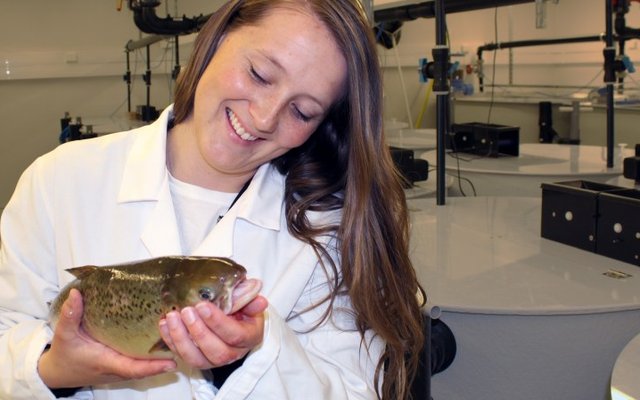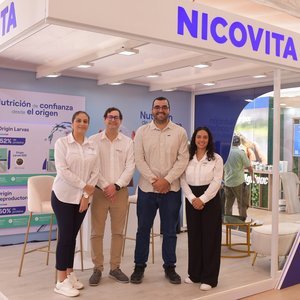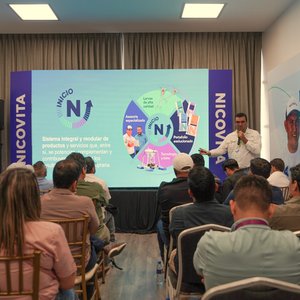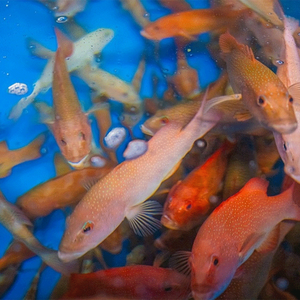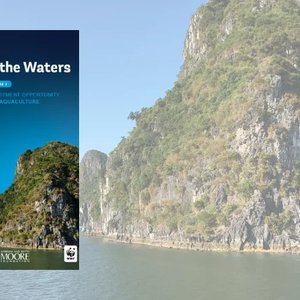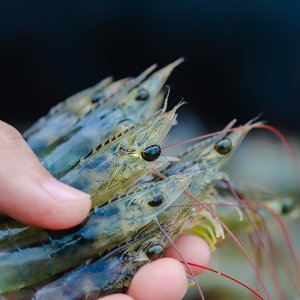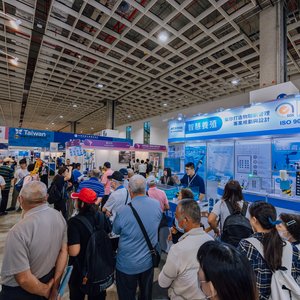Foods of Norway has developed a new method for selecting salmon with higher feed efficiency with the potential to considerably reduce production costs and the environmental footprint of the aquaculture industry. The study was performed in Atlantic salmon for the last 3 years by Food for Norway at the Norwegian University of Life Sciences (NMBU) partnering with AquaGen. Their results open up for directly selecting fish with higher feed efficiency without measuring feed intake.
The assumption was that growth correlates with feed utilization. This is generally true, but growth does not explain everything. The fastest growing fish are not always the most efficient. They may also be the most voracious ones, meaning they make poor use of their feed. In addition to high feed costs, voracious fish also contribute to a high level of nitrogen and phosphorus excretion in the sea and thus have a negative impact on the environment. Researchers have now successfully documented genetic variations in feed efficiency in Atlantic salmon by measuring the utilization of nutrients from the feed in body tissues. The results show that some fish are indeed more efficient in converting nutrients into muscle, so they are better “body builders”.
Researchers said that growth alone can only explain around 60 percent of the variation in feed efficiency. By adding nutrient metabolism to the picture, almost 80 percent of the variation can be explained.
“This new method may enable us to identify parent fish in our breeding population that display a particularly high feed efficiency, allowing us in turn to enhance this trait in the eggs that we sell to our customers,” says Senior Scientist in AquaGen and Associate Professor at NMBU, Jørgen Ødegård.
In 2019/2020, Foods of Norway will carry out follow-up studies to validate the method by using rainbow trout and by performing a large-scale experiment with Atlantic salmon in the ocean.


